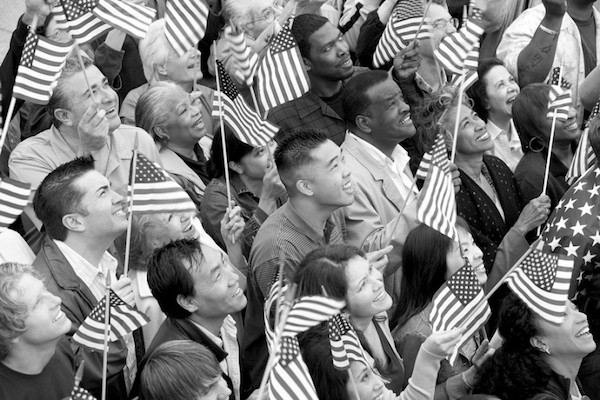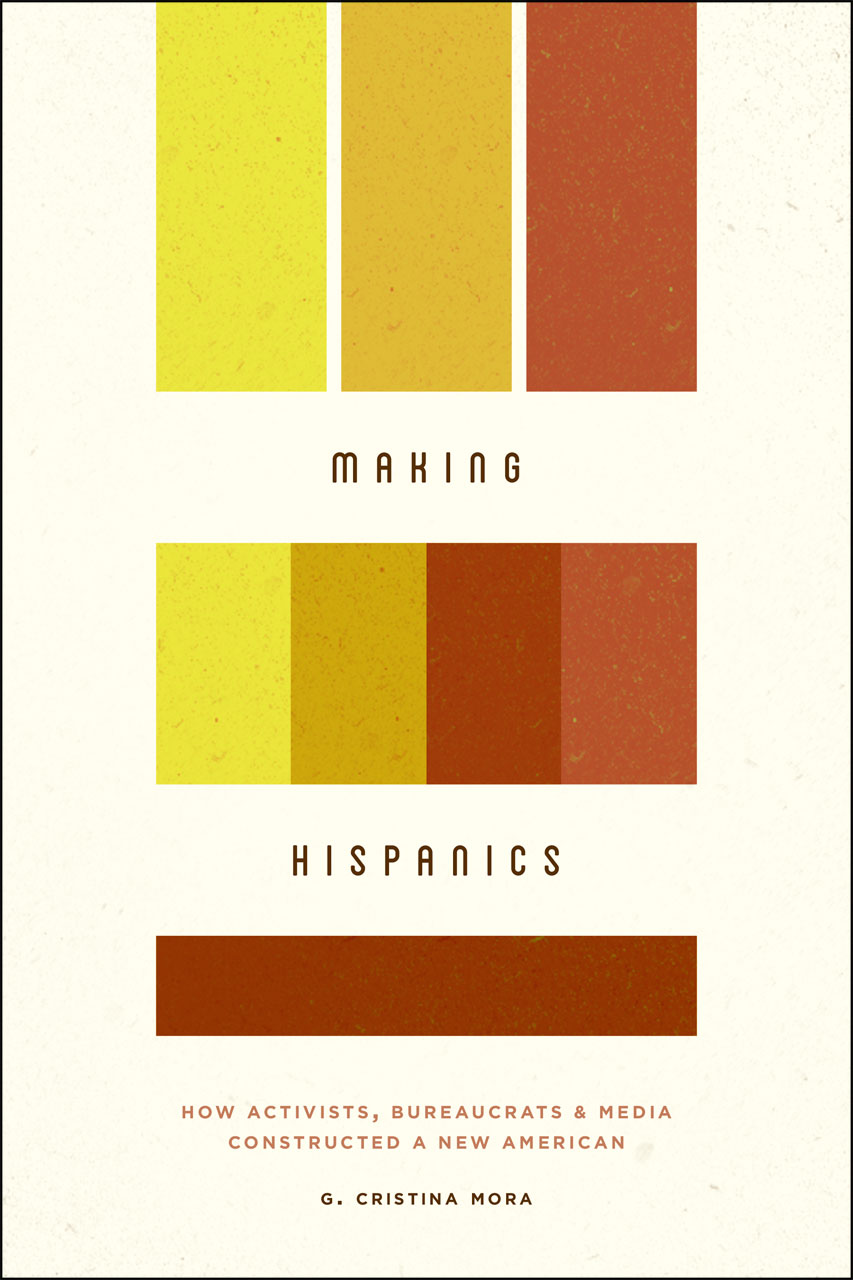How Census Data Mislead Us about Ethno-Racial Change in the United States: A Response to Mora and Rodríguez-MuñizPosted in Articles, Census/Demographics, Media Archive, Social Justice, United States on 2017-05-04 01:38Z by Steven |
New Labor Forum
2017-04-28
Richard Alba, Distinguished Professor of Sociology
Graduate Center, City University of New York
I am pleased to open a conversation with G. Cristina Mora and Michael Rodríguez-Muñiz about census data and what they indicate about ethno-racial change.
In this issue of New Labor Forum. To forestall misunderstandings, I think it advisable at the outset to make clear the framework within which I am operating. I take it from the way that Mora and Rodríguez-Muñiz formulate their critique that their starting point is critical race theory, with its normatively inflected concerns about the deep and persisting structures of American racism and the pathways to eventual racial justice. That is fine. But I am operating from a different standpoint, that of sociological realism, which has the goal of identifying and understanding important ongoing social processes and discerning their implications. This, it should be obvious, does not mean that I am unconcerned about racial justice, just as critical race theorists generally are not unconcerned about empirical patterns and their consequences.
It does not help the conversation that Mora and Rodríguez-Muñiz tend throughout to downplay the significance of the concerns behind my analysis, which they characterize as narrowing “debates to the issue of ‘methodological accuracy’.” I find this an unfortunate attempt to reduce my argument to mainly technical issues (granted, these are part of the story); they miss that I, too, am talking ultimately about social power, even if I do not place it in the foreground in the piece I wrote for The American Prospect (it is more clear in other writings, some currently under review [1])….
Read the entire article here.


